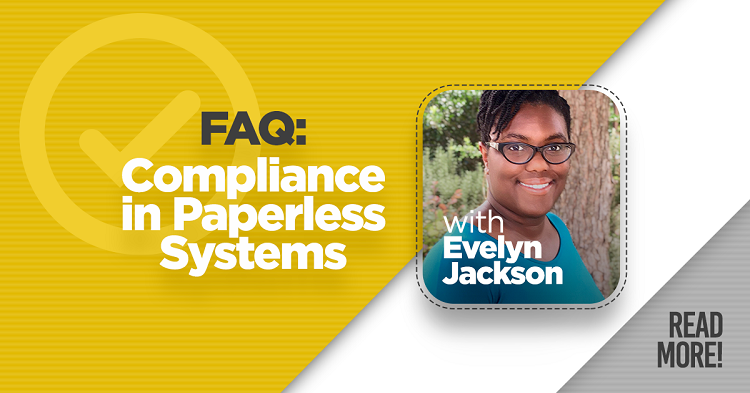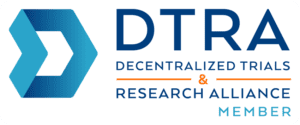Why does compliance matter when using an electronic system?
Many established electronic systems provide research organizations a means to hold and secure valuable clinical research documents and data in a paperless environment that allow for greater site and sponsor efficiencies. These systems may include capabilities that span from recruitment tools, enrollment tracking, calendaring and appointment scheduling, data collection and regulatory document management. There are many things that you need to consider when transitioning to electronic systems, but perhaps one of the most important questions to ask is, are your electronic systems compliant with FDA 21CFR Part 11 guidance as well as your local, state and federal data privacy laws surrounding Protected Health Information (PHI)?
Compliance is vital to your organization, especially during a time when our industry is rapidly adapting to electronic systems. Maintaining a state of audit readiness is important, but it is very challenging to know all of the rules and regulations that must be followed and what technical requirements these systems must include in order to keep you compliant. The need for remote monitoring of data that is no longer held on paper is the new norm, but electronic systems must, at a minimum, be able to ensure that data is Attributable, Legible, Contemporaneous, Original, and Accurate, otherwise known as ALCOA. Systems that ensure ALCOA as well as the complex back-end standards that ensure compliance and security regulations, provide assurances of FDA and sponsor acceptance of data and documents held and managed within these systems.
For electronic systems to work effectively, allow staff to efficiently operate in a way that conforms to your established SOPs, ensure data privacy and security, and meet industry Good Clinical Practices (GCPs), certain capabilities should be standard, including:
- Audit trails detailing the date, time and details associated with each user’s additions, edits or removals of data and/or documents
- Encryption of data while stored on local or remote drives (at rest) and within the user application (in motion)
- The ability to generate certified copies of records while maintaining the integrity of the original record
- The ability to provide record retention while preserving the digital format over a long time (at least 15 years in most cases)
- Customizable forms and filing templates
- Integrations with data warehouses such as CTMS to reduce redundant data entry and streamlined linking to financial tracking systems
The Shift to eREGULATORY and eSOURCE Systems:
When using compliant eREGULATORY and eSOURCE systems, your site staff, the Sponsor/CRO, the FDA, IRBs and any other third-party auditors must have quick access to documents, data, audit trails, document versioning and expiration dates, eSignature status reports, source data and so much more. Due to technological advances, general correspondence and essential documents provided through the mail or other courier service are becoming a thing of the past as online portals are the new model for document and data sharing.
While industry processes are shifting almost entirely to online electronic systems, the flexibility and ease for both the Sponsor and Research Organizations are rapidly increasing. This transition to electronic systems allows clinical trials to run more seamlessly with an organized presentation of data, ease of access, proper utilization of time, increased compliance of security, privacy, and GCP standards, not to mention less travel for monitors reviewing data.
When it comes to compliance, what are some essential features to look for in a paperless system?
Important features to consider in any electronic system that you may be considering should include, at a minimum:
- Documented Part-11 and HIPAA Compliance
- Limited access to data and documents to authorized users based on role
- Complete Audit Trials
- Compliant Electronic Signature Processes
- Automated conversion or export methods for managed documents
- Documented validation processes for Auditor Review
- Remote monitoring and query systems
Moving from a paper-based system to an electronic system plays a pivotal role in moving clinical research forward and into a technologically advanced world. If you are interested in going paperless with RealTime’s compliant, feature-rich and user-friendly systems, give us a call and our team will take you on a complete tour! Schedule a FREE DEMO by calling (210) 852-4310 or fill out the form below.







